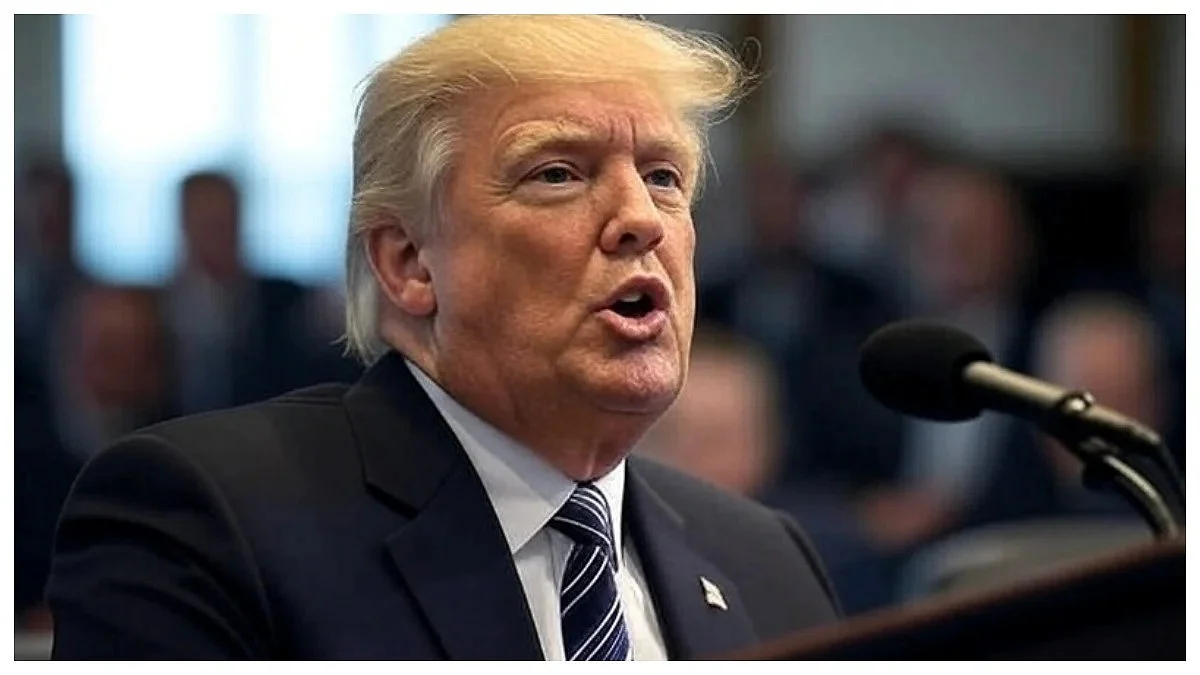As per a recent CII (Confederation of Indian Industry) study, for the Indian economy to reach a $5tn mark by FY2026-27, it will have to grow at 11.6% rate on an average annually for the next six years. For that, India will need to spend about USD 1.4 trillion on infrastructure development.
The government has taken a cue from these estimates. And, it has placed a high emphasis on infrastructure spending. Overall, the government has increased its Capex target for FY22 by 6.6% to around Rs 4.4 trillion. Higher funds are allocated to build roads, metros, water canals, mining, and healthcare facilities. The government has also raised the Capex plans by 25% for the next financial year. And, it will also provide Rs 2 lakh crore to states and autonomous bodies to meet their Capex targets.
Sector in focus: Engineering and capital goods
The domestic engineering and capital goods industry has long been under pressure due to the lack of private investment. But, the extensive focus on infrastructure will generate greater demand for industrial machinery.
With the greater emphasis on infra and manufacturing, industrial demand is likely to improve in capital-intensive, globally-scalable segments like auto, solar, textiles, and telecom etc after a long layoff.

Sector in focus: Steel
With the anticipation of large scale infra activities, the government has decided to increase the supply of steel in the domestic market. However, the method of it is under scrutiny. The government has revoked anti-dumping duties on imports of alloy steel bars, rods and flat steel products until Sept. 30. Some of the duties were imposed last year amid the heightened geographical tension between India and China.
The move is largely seen as an attempt to increase supply and reduce prices. Domestic steel prices have surged by ~25% during November-December. The surge in steel prices is resulting in a higher cost of production, hurting the domestic manufacturers.
With the reduction in import duty, steel prices are likely to come down. This decision is likely to improve the supply and bring the steel prices down. However, it will open up the floodgates for Chinese manufacturers and hurt the domestic steelmakers.










